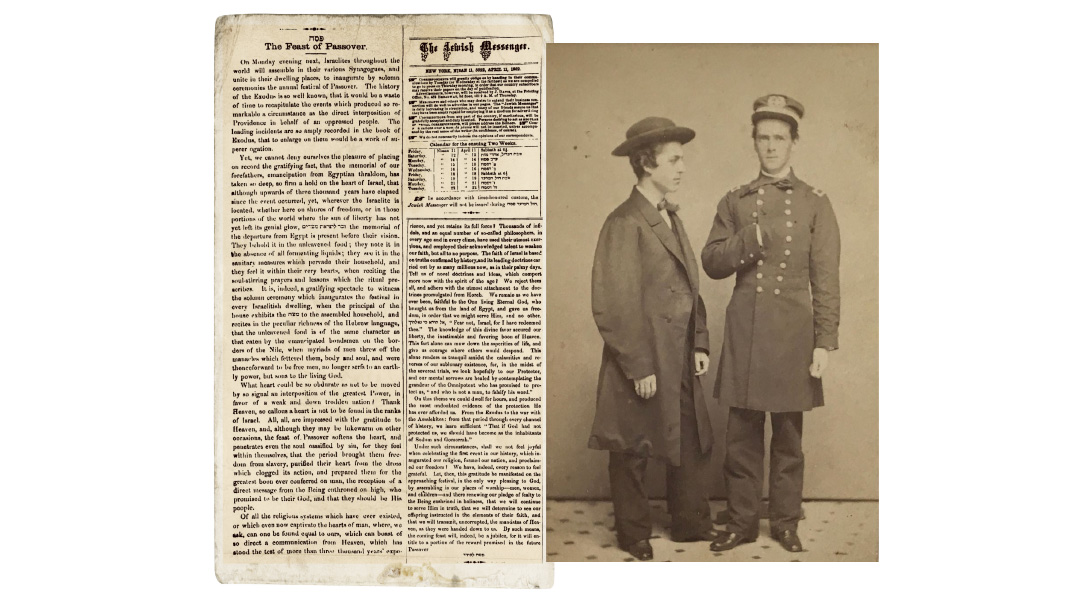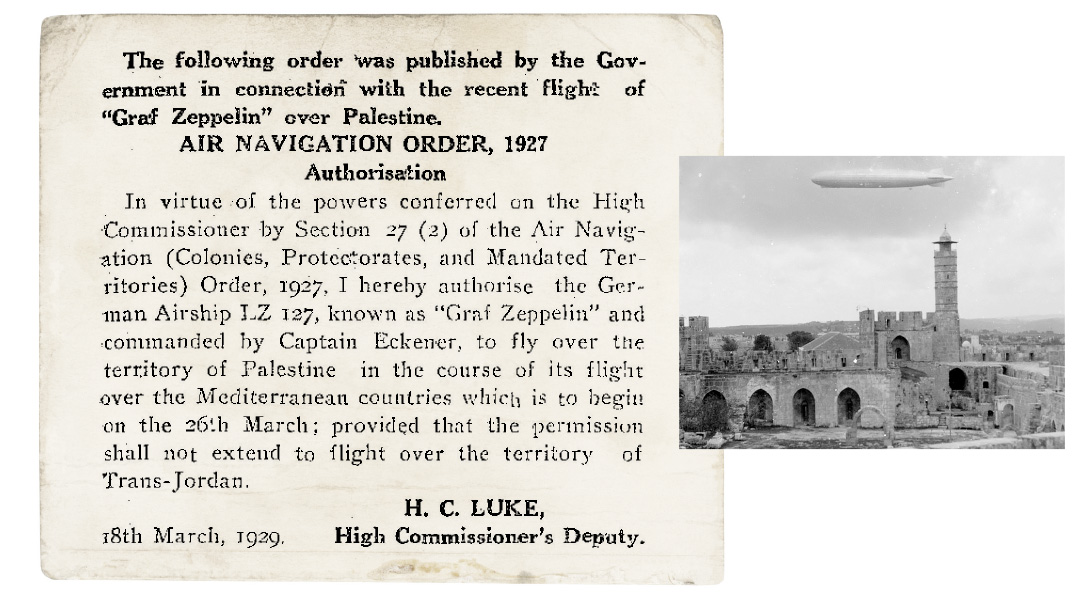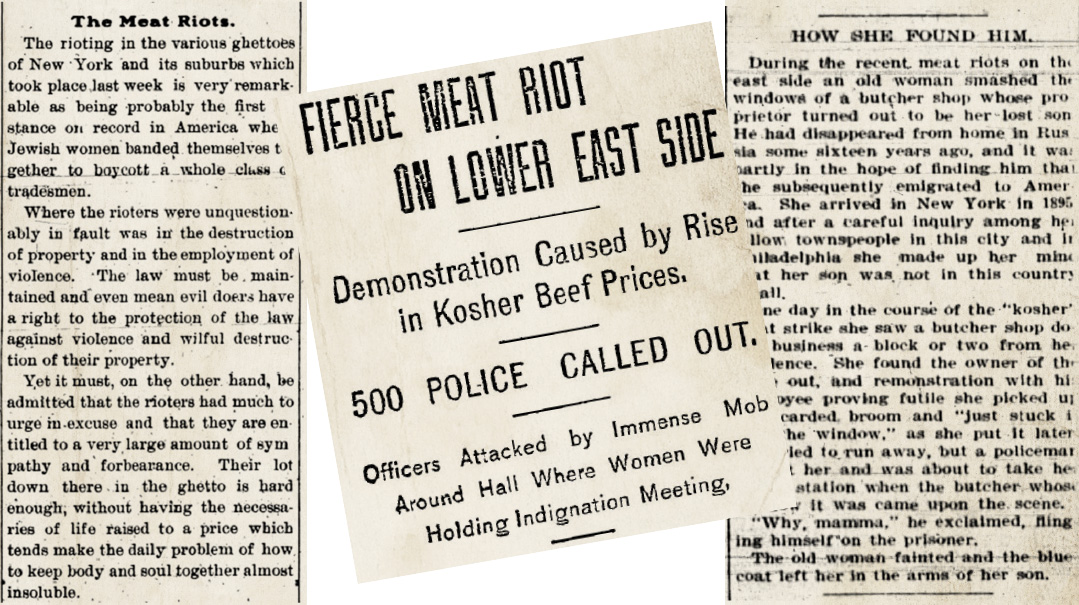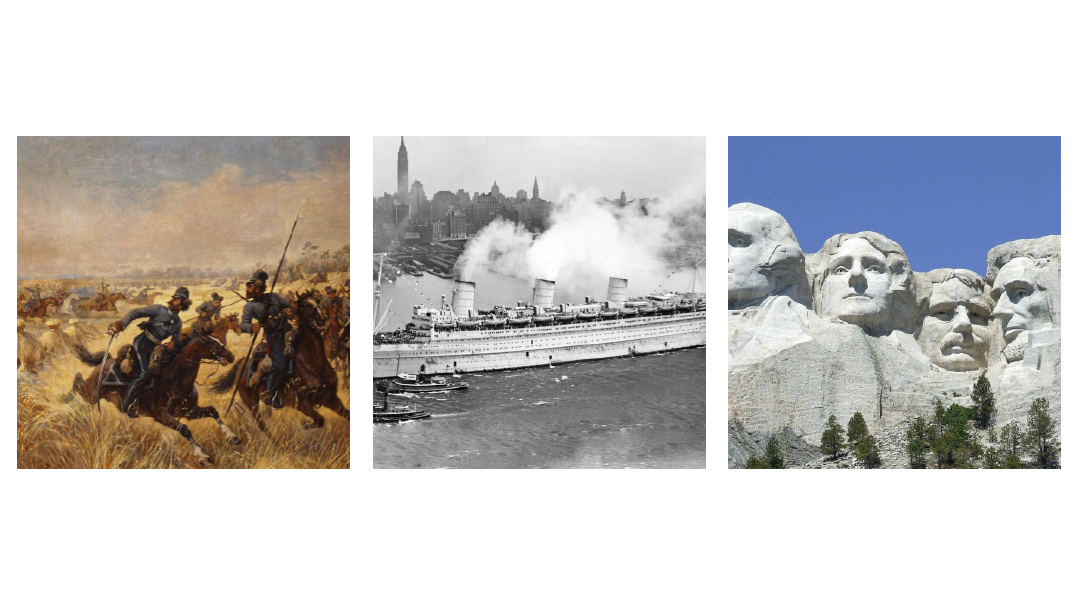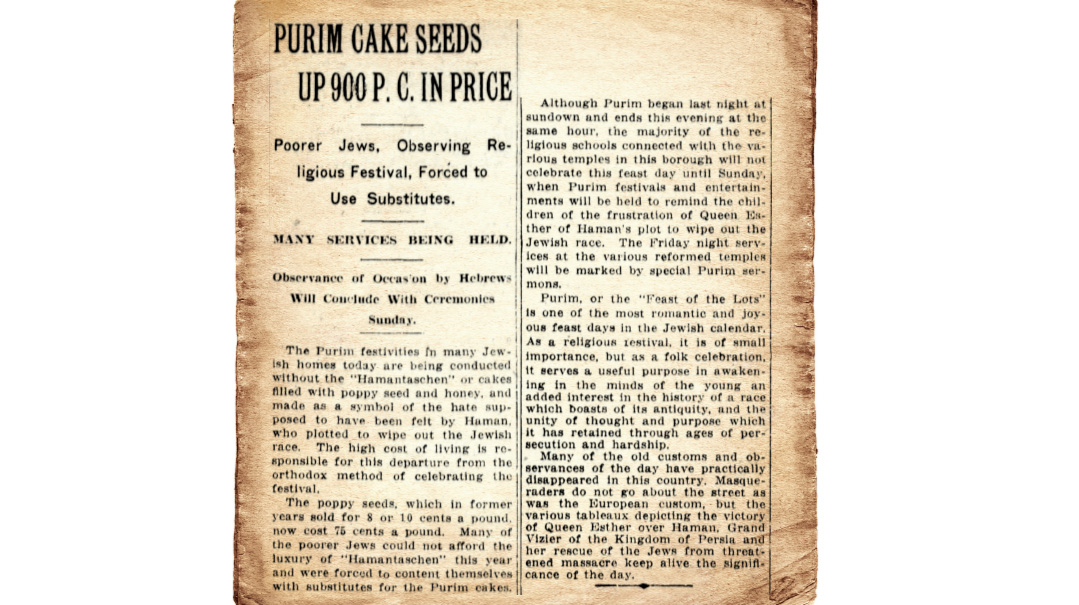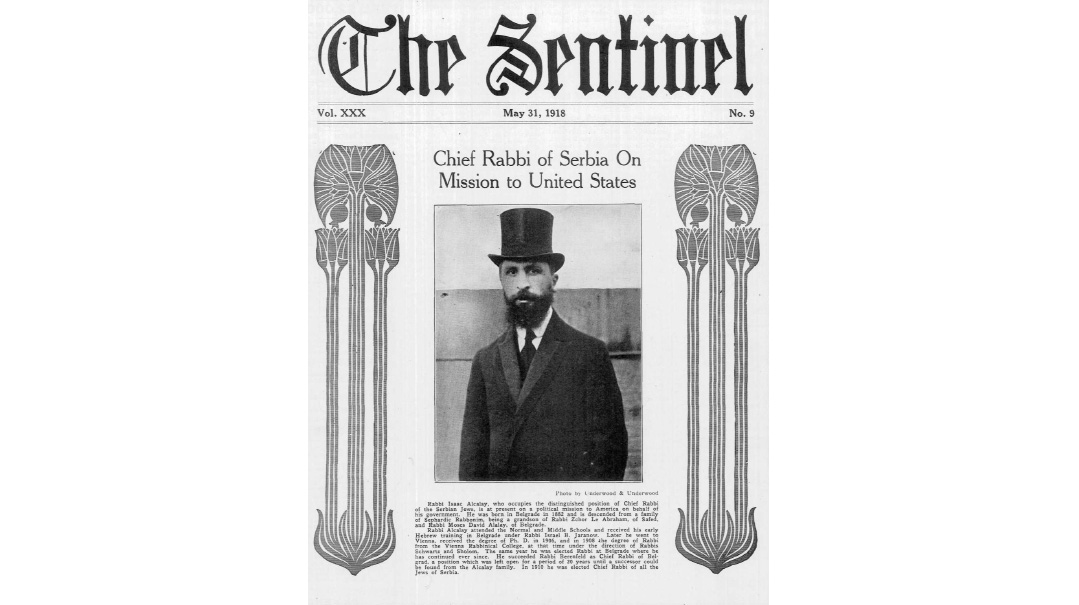The Mysterious Mussar Magnate
| November 22, 2022He was one of the most obscure personalities in the history of modern Torah philanthropy
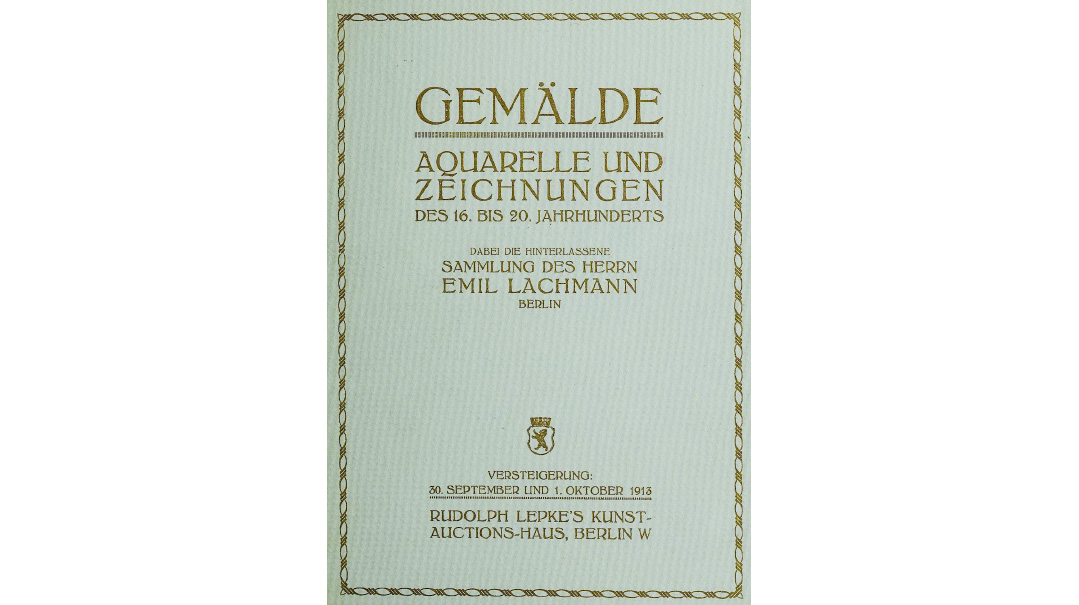
Title: The Mysterious Mussar Magnate
Location: Berlin, Germany
Document: Auction brochure
Time: 1913
ATthe end of September 1913, the Rudolph Lepke Auction House in Berlin staged an auction of an impressive art collection from the estate of Herr Emil Lachmann. Without fanfare, the book on this mysterious bachelor — relatively anonymous in his hometown — seemingly came to a close.
Further east, however, his passing had been publicly mourned, and his glorious legacy lived on in the Torah institutions he built and the initiatives he funded. Ovadiah Emil Lachmann (1846–1910) was one of the greatest supporters of Torah in the 19th century. He was also one of the most obscure personalities in the history of modern Torah philanthropy. A footnote in a 1916 article in the Berlin-based journal Jeschurun emphasizes this point:
It fills us with satisfaction that this pious man, who lived unappreciated in Berlin for decades and died abandoned a few years ago, is memorialized here from such an appointed mouth. All the peculiarities of this man, which were partly responsible for his loneliness, do not excuse the fact that in Germany and in the capital so little notice was taken of his death. In Russia, of course, one hesped followed the other.
According to official records, Lachmann was born on November 22, 1846, in the West Prussian town of Graudenz (currently Poland) to Herrmann and Friederike (née Gotthilf) Lachmann. The Lachmanns were a prosperous family of merchants with a presence in Hamburg and Berlin.
It seems that Lachmann joined the family business and also had several impressive mechanical patents registered to his name. He resided for a time in Hamburg before moving to Berlin. He was drawn closer to Torah causes through his relationship with Rav Yisrael Salanter, who resided in Germany in his later years.
When the Kovno Kollel was conceived in 1877, Rav Eliezer Yaakov Chavas (father-in-law of Rav Naftali Trop) traveled to Berlin to meet with Lachmann and secure the funding for the project. He was assisted by his brother Yosef Chavas, who lived in Berlin and was personally acquainted with Lachmann. The Kovno Kollel was in its early years entirely funded by Lachmann, and Rav Yisrael Salanter’s close talmid Rav Itzele Blazer administered the Kollel and maintained close contact with him.
The Alter of Slabodka, Rav Nosson Tzvi Finkel, also met with the Berlin philanthropist, securing funding for the establishment of his mussar yeshivah in Slabodka. Telz Yeshivah also benefited from his largesse. In the interim, Lachmann drew closer to Jewish observance and joined the Adas Yisrael community in Berlin. He also visited the institutions he supported in Eastern Europe on at least one occasion. Rav Yechiel Yaakov Weinberg wrote in 1912:
It is well known that the late [Ovadiah Lachmann] visited the yeshivah personally, and when he saw the wonderful sight of the hundreds of youths studying diligently, his eyes turned wet with tears of love for Torah… No sacrifice on the altar of the love of Torah was too great for him, and all his days he tried to hide his many deeds of charity and to cover them with the shawl of pure humility.
A lifelong bachelor, upon Lachmann’s passing in 1910, he bequeathed a significant sum as an endowment for the Knesses Yisrael Yeshivah of Slabodka. Family members of his contested the will in court, and the rosh yeshivah of Slabodka, Rav Moshe Mordechai Epstein, traveled to Berlin in an attempt to sort things out. Due to the lack of official government recognition of the yeshivah, the court nullified the will, and the yeshivah didn’t receive the funds.
Though his actions went largely unheralded in Germany, he was revered by his beneficiaries in Lithuania. Rav Elazar Menachem Shach (who arrived in Slabodka three years after Lachmann’s death) paid Moshe (Paul) Reichmann the ultimate compliment in 1987, comparing his undertaking to pay off the debt accrued by Israeli yeshivos to that of Ovadiah Lachmann’s partnership with the Alter of Slabodka to support Torah centers of his time.
The Lachmann Farm
In his travels promoting settlement in the Land of Israel, Rav Aryeh Leib Frumkin imparted his vision to Ovadiah Lachmann, who decided to fund the purchase of a large swath of real estate in the new settlement of Petach Tikvah. In 1884 the “Lachmann Estate” was established, and the first stone structure of Petach Tikvah was built there that year (and still stands today). It was to be an agricultural settlement, with a Talmud Torah on its grounds. Lachmann’s generous investment saved Petach Tikvah, as it was seen as a failed venture, and only witnessed growth and development following his infusion of funds.
Torah, Mussar, and Kabbalah
While the lion’s share of Lachmann’s philanthropy was geared toward mussar-aligned yeshivos, some have speculated that he was the anonymous benefactor behind the great Kabbalist and tzaddik Rav Shlomo Elyashiv’s four-part magnum opus Leshem Shevo V’Achlamah with the last word of the title a cryptic reference to the name Lachmann.
This article was enhanced by the research of Professor Shaul Stampfer, Dr. Marc Jarzebowski, and Rabbi Nosson Kamenetsky z”l.
(Originally featured in Mishpacha, Issue 937)
Oops! We could not locate your form.

